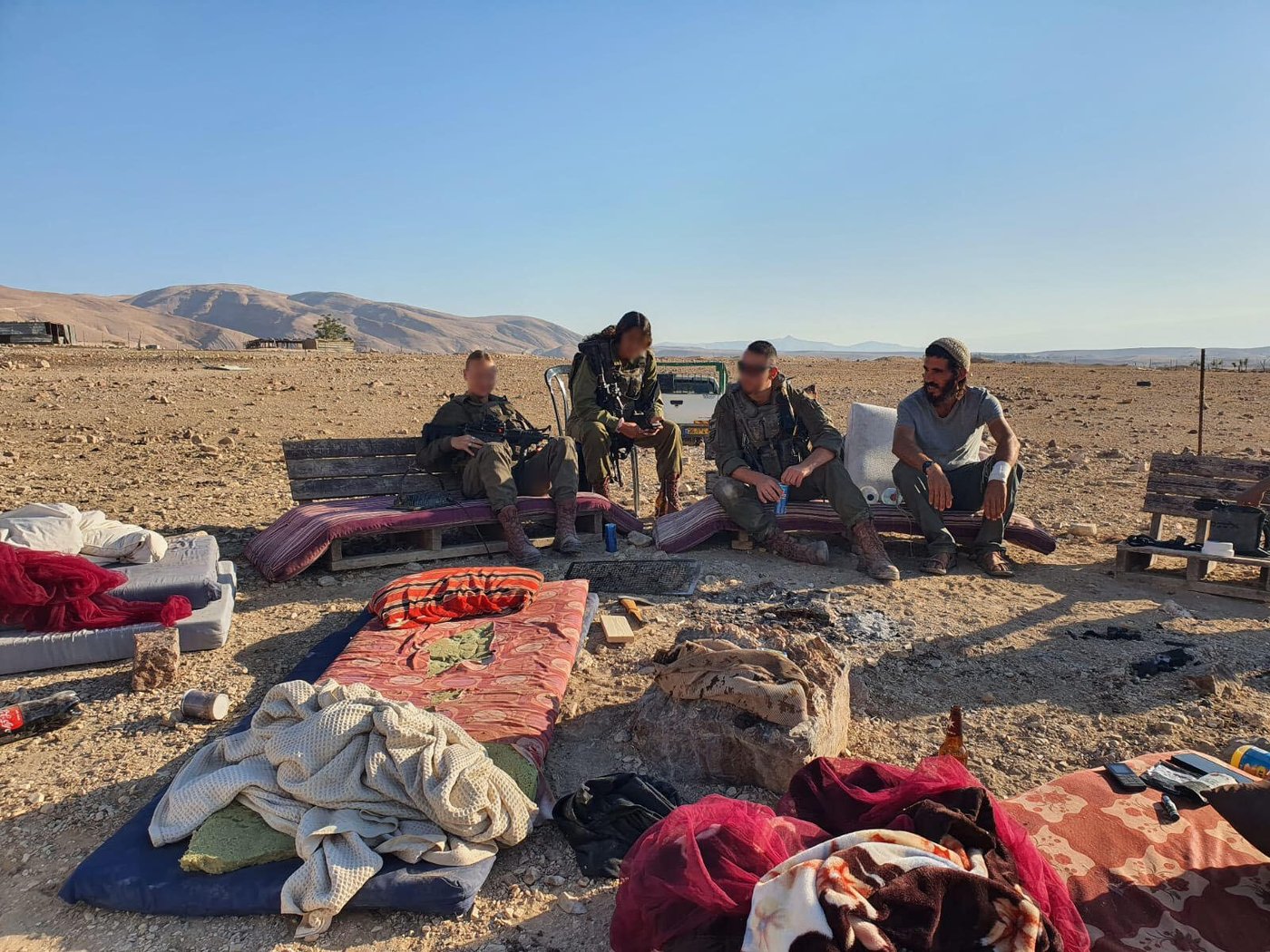The Norwegian Refugee Council (NRC) warns that the recent uprooting of families from Muarrajat East could soon be repeated in Ras Ein al-Auja, where sustained settler attacks and mounting restrictions on water and grazing access are making it nearly impossible for families to remain.
These are not isolated acts. They form part of a broader strategy of coercion – marked by settler violence, the spread of illegal outposts, and state complicity – that is rendering life unviable for Palestinians. The resulting displacements amount to forcible transfer, a grave breach of international humanitarian law.
“We are watching Israel annex the West Bank, as entire Palestinian communities are driven from their land through violence, intimidation, and an environment deliberately shaped to force people out,” said Angelita Caredda, NRC Middle East and North Africa Regional Director. “This cannot continue. The international community must act to stop displacement and support the safe, dignified return of those already forced to flee.”
In Ras Ein al-Auja, a Bedouin community of about 550 residents, more than 50 settler attacks and incidents of harassment have been recorded since January, according to the UN. Conditions worsened in April when settlers established a new illegal outpost just 400 metres from the community, triggering a surge in violence. Families’ access to water and grazing land has been cut off, livelihoods undermined, and pressure to leave is mounting.
Similar dynamics recently forced the complete displacement of Muarrajat East, another Bedouin community near Jericho. On the night of 2 July, armed settlers stormed the area, broke into homes, threatened residents at gunpoint, and stole livestock. A day later, settlers established an outpost just 100 metres from the community’s school. By 4 July, all 123 residents—including 61 children—had fled.
“For years, we suffered daily from settler raids and assaults. They attacked our children and stole our belongings,” said Suleiman Malihat, a community representative from Muarrajat East. “But what finally forced us out was when settlers built an outpost inside our community and began entering our homes. The army and police did nothing to stop it.”
Malihat added: “If we had tried to defend ourselves, we would have been arrested. There was no protection – only fear.”
At least two other communities, Ein al-Hilweh (also known as Um al-Jamal) and Mughayyir al-Deir, have also been forcibly displaced in recent weeks. Nearly 2,900 Palestinians have been displaced since January 2023, almost all of them from Area C, which comprises over 60 per cent of the West Bank and remains under full Israeli control, according to UN data. The UN has recorded an average of four settler attacks per day in 2025. In many cases, Israeli forces are present during the attacks or fail to intervene.
“Israeli authorities have weaponised the settler movement,” said Caredda. “They’ve armed settlers, embedded them in ‘territorial defence battalions’, and expanded ‘settlement guard squads’ to forcibly displace Palestinian communities and seize land. This is not neglect. It is policy.”
Notes to editors:
-
Photos and videos can be downloaded for free use here.
-
A media briefing on displacement in the West Bank will take place on Thursday 10th July. The briefing will be joined by members of affected Palestinian communities and NGO representatives. Interested journalists can register to join the briefing via this link.
-
At least 2,894 Palestinians have been displaced by settler violence since January 2023, including 1,638 in 2023, 621 in 2024, and 635 so far in 2025. Most of them were displaced from Area C. (OCHA)
-
There are 111 households, comprising around 550 Palestinians, residing in Ras Ein al-Auja, according to the UN. (OCHA)
-
The UN has documented 59 settler attacks in Ras Ein al-Auja since the beginning of this year. (OCHA)
-
Between 1 January and 30 June, the UN documented 740 settler violence incidents that resulted in casualties and/or property damage, an average of four incidents each day. (OCHA)
-
International law prohibits Israel, as the occupying power, from forcibly transferring members of the occupied population from their communities against their will. The term “forcibly” is not limited to physical force; it also encompasses coercion arising from threats, fear of violence, duress, psychological pressure, or abuse of power. (Art. 49, Fourth Geneva Convention)
-
Israeli settlements and outposts are illegal under international humanitarian law, which prohibits an occupying power from transferring its civilian population into occupied territory. (Art. 49, Fourth Geneva Convention)
-
As the occupying power, Israel is obligated under international law to ensure the wellbeing of Palestinians living under its control. This includes enabling the local population to exercise their rights to education, life, adequate housing, family life, property, health, and other fundamental human rights.
-
In July 2024, the International Court of Justice issued an advisory opinion finding Israel’s presence in the occupied Palestinian territory to be unlawful. The Court affirmed that states “are under an obligation not to recognise as legal the situation arising from the unlawful presence of Israel in the occupied Palestinian territory. They are also under an obligation not to render aid or assistance in maintaining the situation created by Israel’s illegal presence in the occupied Palestinian territory.” (International Court of Justice)
For information or to arrange an interview, please contact:
-
Ahmed Bayram, Middle East media adviser: ahmed.bayram@nrc.no, +962 790 160 147
-
NRC global media hotline: media@nrc.no, +47 905 62 329
Correction: An earlier version of this article stated that about 130 Palestinians resided in Ras Ein al-Auja. This has been corrected. There are 111 households, comprising around 550 Palestinians, residing in Ras Ein al-Auja, according to the UN.


